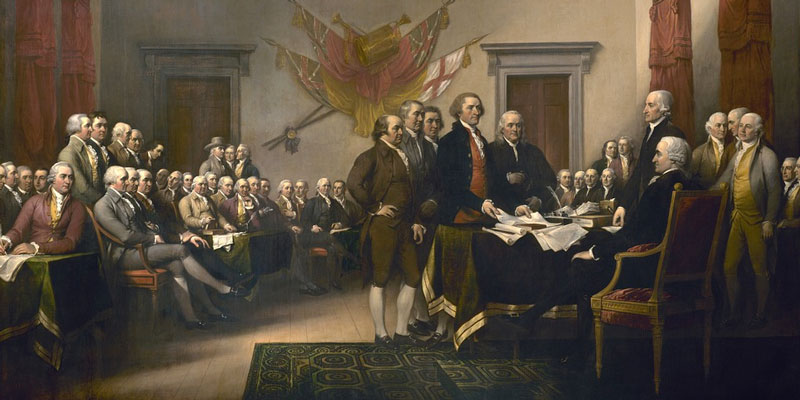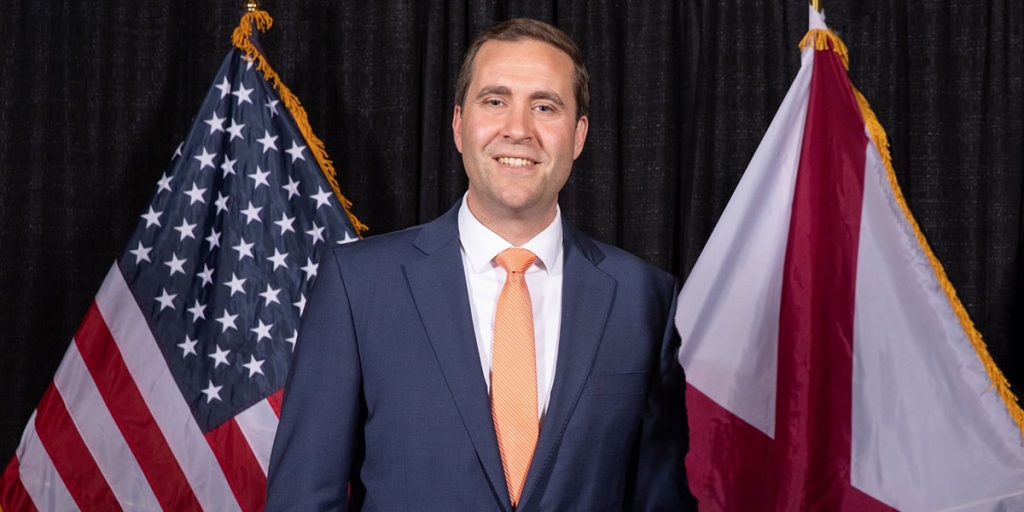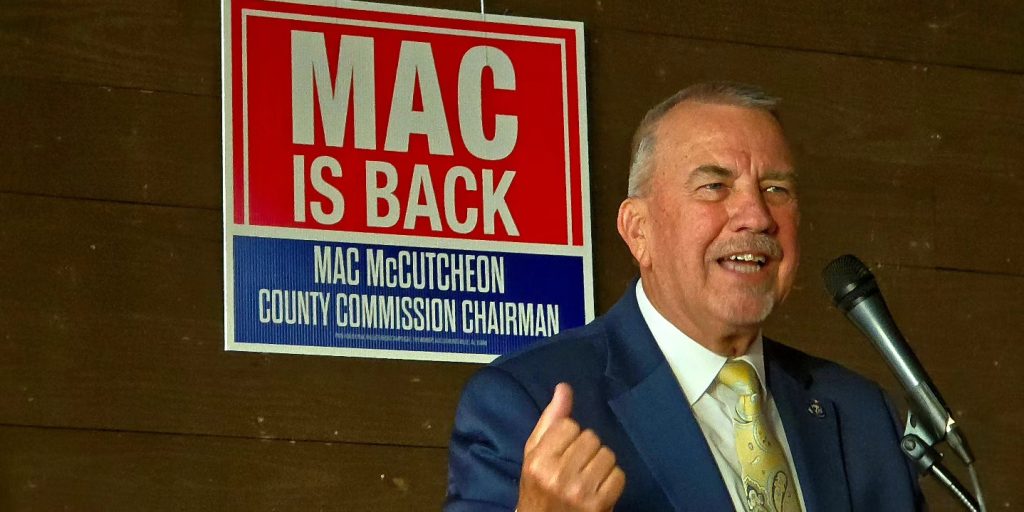In recent years, a growing debate has emerged regarding whether our country was founded as a republic or a democracy. When asked about the form of government our Founding Fathers envisioned for our nation, Benjamin Franklin famously replied, “A republic, if you can keep it.” But what exactly is the difference between these two forms of government? And why do so many leading liberal voices push for our nation to be defined as a democracy, while Franklin and others urged the American people to remember and fight for a republican form of government?
These are important questions. For me, this debate is not merely academic; it underscores the dangers of interpreting right and wrong solely through the lens of democratic majority rule. I recently participated in a public discussion about the distinctions between these two forms of government and how a worldview that frames our country as a democracy will lead to bigger government policies and a weakening of free-market principles and individual liberty, thereby steering our nation toward socialism. Liberal press outlets, including MSNBC, wasted no time targeting me for my commentary, labeling me a conspiracy theorist and an outright enemy of democracy itself.
While I typically disregard such biased critiques, these articles touch on an essential issue that many on the leftist side of the mainstream media either overlook or intentionally ignore: we are not, and never have been, a democracy. We are a republic, and our Founding Fathers took pride in that fact. Understanding the nature of our government and its foundational principles is crucial to the concept of good governance, and I feel compelled to clarify why our nation was established as a constitutional republic and why this distinction is vital to preserving the rights and freedoms of the American people.
Our Founding Fathers were acutely aware of the inherent dangers found in democracies, where the will of the majority can easily trample on the rights of minority groups. This concern is not theoretical; history has shown us that democracies often devolve into tyranny when majority rule disregards individual rights. As John Adams wisely noted, “Remember, democracy never lasts long. It soon wastes, exhausts, and murders itself. There never was a democracy yet that did not commit suicide.” James Madison, the author of the Constitution, echoed this sentiment when he wrote that democracies “have ever been found incompatible with personal security or the rights of property; and have in general been as short in their lives as they have been violent in their deaths.” These quotes vividly highlight the potential dangers of unchecked majority rule.
In contrast, a constitutional republic is designed to safeguard individual liberties and prevent the tyranny of the majority from infringing on the rights of each citizen. Our system of government, with its checks and balances, is structured to protect the rights of all people, not just the majority. The Constitution, with its Bill of Rights, ensures that certain inalienable rights are beyond the reach of majority rule. These rights are God-given and must be protected against any form of government overreach. This is the fundamental difference between these two forms of government.
It is important to recognize that the assertion that America is both a representative democracy and a constitutional republic is often used to blur the distinction between the two concepts. While we do elect representatives through democratic elections to make decisions on our behalf, the framework within which they operate is crucial. Just because our founders utilized a democratic election system does not make our nation a democracy. In a constitutional republic, elected officials are bound by the rule of law and the Constitution—safeguards that a democracy lacks. Perhaps Thomas Jefferson explained it best when he said he was, “Convinced that the republican is the only form of government which is not eternally at open or secret war with the rights of mankind.”
The dangers of confusing a democracy with a republic are not merely semantic and can be seen in the current political climate across America today. Many in the mainstream media and certain political factions promote the idea that our nation should function as a democracy. This push paves the way for policies that increase government control over our lives and our economic freedom.
The words of Benjamin Franklin still echo down through history to every American today: “A republic, if you can keep it.” The governmental structure crafted by our Founding Fathers has allowed the United States to flourish as a beacon of freedom and opportunity. Freedom is rare in world history, and it is imperative that we understand and preserve this distinction as a nation.
As a constitutional republic, we are far better equipped to defend individual liberties and ensure that government remains a servant of the people, not the other way around.
John Wahl is the Chairman of the Alabama Republican Party. He serves as RNC Vice Chairman over the Southern Region and is the youngest Republican State Party Chairman in the country.













